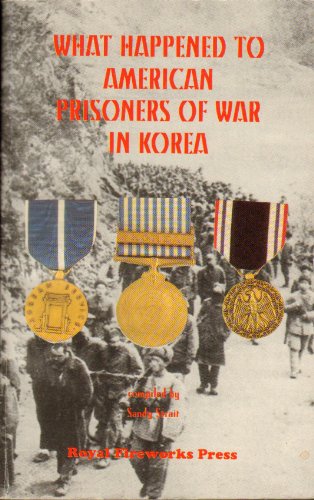
The Interrogation Rooms of the Korean War
by Monica Kim
"The Untold History"
Popularity
4.25 / 5
* A book's popularity is determined by how it compares to all other books on this website.
Where to buy?
Buy from Amazon* If you buy this book through the link above, we may receive a small commission at no extra cost to you.
The Interrogation Rooms of the Korean War by Monica Kim
Details
War:
Korean War
Perspective:
Prisoners of War
True Story:
Yes
Biography:
No
Region:
Asia
Page Count:
453
Published Date:
2019
ISBN13:
9780691185040
Description
Brief Summary
The Interrogation Rooms of the Korean War by Monica Kim offers a groundbreaking exploration of a lesser-discussed aspect of the Korean War. Rather than focusing on territorial disputes and military maneuvers, Kim delves into the psychological battles that took place within the confines of interrogation rooms. The book reimagines the Korean War narrative by highlighting the transition from fighting for land to contending over human wills and ideologies. Through meticulously researched accounts, Kim unpacks the complexities of these interactions, featuring a diverse array of figures including Japanese-American and Korean interrogators, Indian military personnel, and American POWs. By doing so, Kim sheds light on the broader struggles of empire and decolonization that these interrogation rooms came to symbolize.
Main Themes and Topics
The book primarily addresses the themes of power, control, and the human psyche during times of war. Kim shifts the focus from geographic boundaries to psychological territories, exploring how power dynamics within the interrogation rooms reflected larger geopolitical struggles. The notion of "free will" emerges as a pivotal topic, examining how the concept was manipulated and contested during armistice negotiations. Furthermore, Kim explores the interrogation process as a tool for creating subjects that affirmed the authority of a governing nation, thus linking the microcosm of interrogation to the grander narrative of imperial ambitions and the drive for decolonization.
Writing Style and Tone
Monica Kim's writing is thorough and analytical, balancing expansive historical detail with a narrative that remains engaging and accessible to readers. Her tone is scholarly yet approachable, inviting readers to reconsider common misconceptions and simplistic narratives surrounding the Korean War. Kim's methodical approach to research is evident in her ability to weave together a multitude of sources, narratives, and perspectives into a cohesive and enlightening account.
Criticism
Though The Interrogation Rooms of the Korean War is praised for its innovative perspective and comprehensive research, some critics argue that its dense historical detail might be challenging for readers unfamiliar with the broader context of the Korean War. The focus on interrogation contexts might also be seen as somewhat niche, potentially limiting its appeal to those specifically interested in psychological warfare or Korean War history. However, these criticisms are often countered by the book's significant contributions to rethinking post-war military history and its implications for modern warfare.









